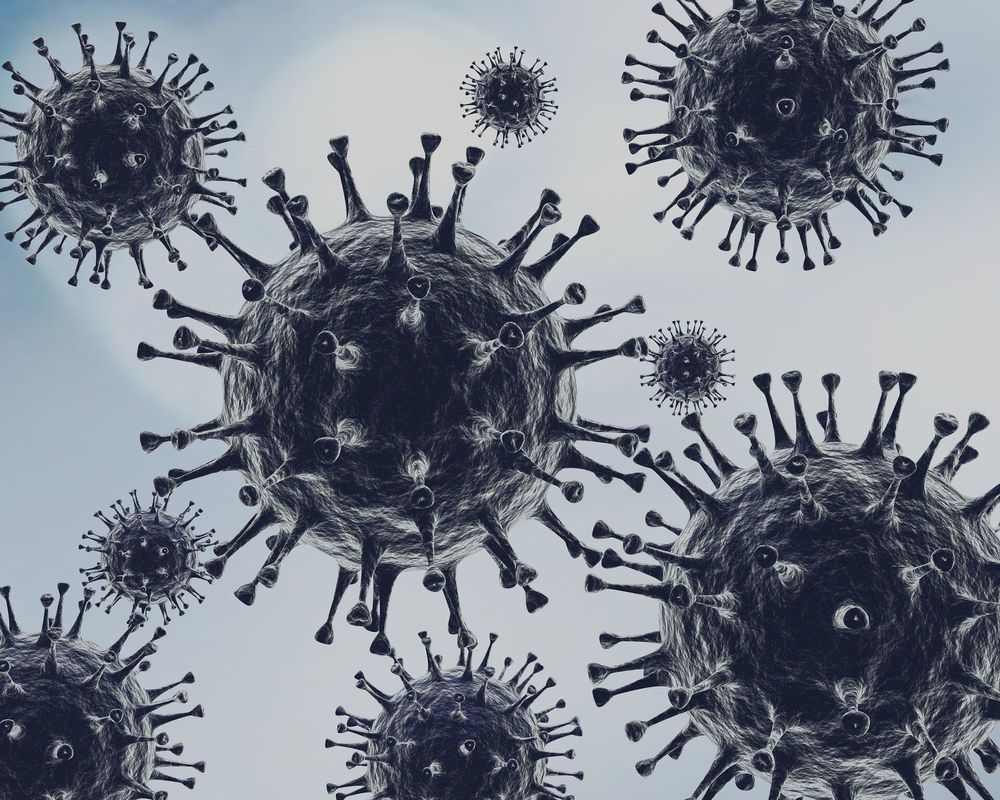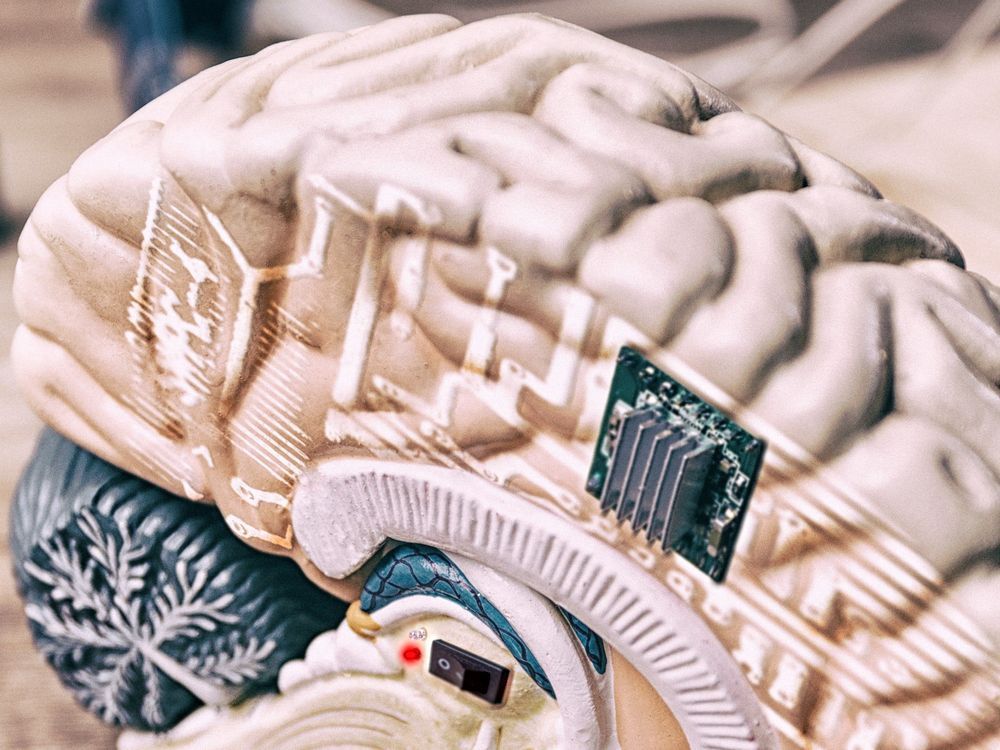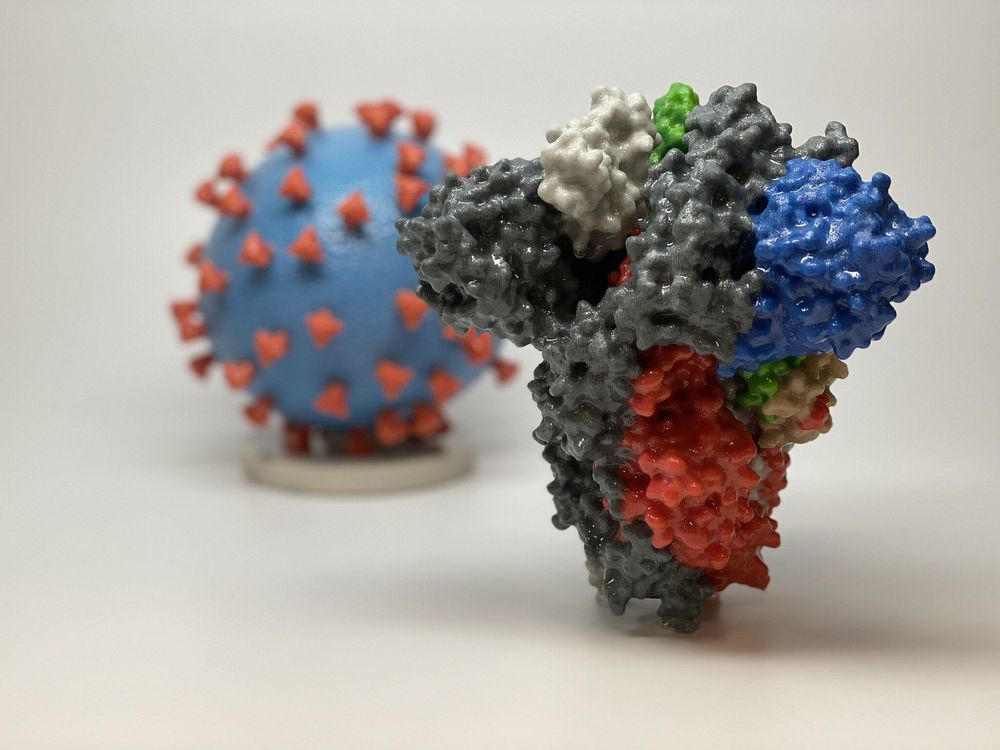
The high demand on medical devices and personal protective equipment (PPE) during the COVID-19 crisis left millions of health care professionals unprotected in the middle of this situation, as governments around the world were not prepared for such pandemic. The three-dimensional printing (3DP) community, from universities to 3DP enthusiasts with printers at home, was there to support hospitals from day 1 on this demand by providing PPE and other medical supplies (e.g., face shields and valves for respiratory machines). This editorial covers the importance of 3DP in the fight against COVID-19 and how this can be used to tackle potential pandemics and support the supply chain.
After a series of cases of pneumonia in Wuhan, the capital city of Hubei province (China), the Chinese health authorities announced in January 2020 that a novel coronavirus, officially known as severe acute respiratory syndrome coronavirus (SARS-CoV)-2, was responsible for these cases.1 SARS-CoV-2, the virus that causes the coronavirus disease (COVID-19), was not detected before the recent pandemic and has been known to be genetically similar to SARS-CoV.1 The COVID-19 is transmitted mainly through contact with an infected individual, through droplets that are produced when the patient coughs or sneezes or through droplets from the saliva or nasal cavity.1,2 To avoid transmission, it is very important to implement individual hygiene measures and especially the use of personal protective equipment (PPE). However, the lack of PPE and other key resources during the COVID-19 crisis has been a constant problem, leaving many health care professionals across the world unprotected.
Dealing with a pandemic, such as COVID-19, is an unprecedented situation in this modern globalized word, which has created extraordinary emergency that is particularly affecting the supply chain.3 The supply chain disruptions, in combination with the enormous needs for medical devices and protective health care material, have created the need of new initiatives and the use of emerging technologies such as three-dimensional printing (3DP) to come forward and support the health care professionals and supply chain.
















